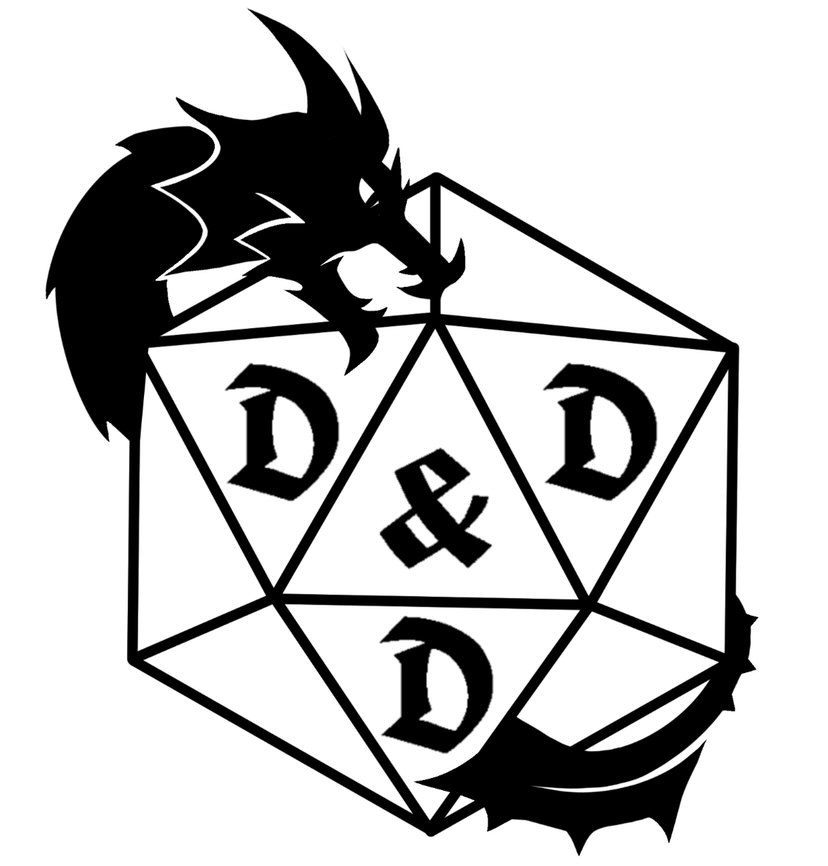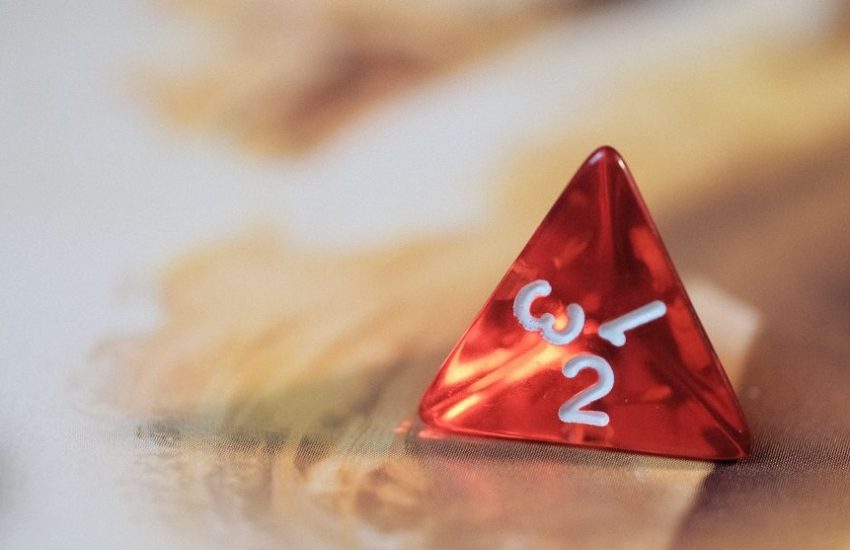Yes, Dungeons and Dragons is all about creativity.
Yes, the real goal of the game is, and always should be, to maximize the enjoyment of players and DMs, even if that means foregoing RAW in favor of The Rule of Cool.
- See also:
But one hill I as a DM am ready and willing to die on is that it is entirely in the Dungeon Master’s right to hard ban any and all homebrew races and classes that players may want to use when creating a new character.
The reason is pretty simple: The inclusion of homebrewed races, classes, or even feats can cause some serious resentment at the table, even if all things truly are equally balanced — which isn’t often the case.
The issue of balance
There is an inherent risk for any DM in allowing homebrewed feats, spells, class features, etc. at the table, and it usually comes down to the question of if the unofficial features make the character either overpowered or break the game entirely.
Don’t get me wrong; I think some of the stuff that homebrewers come up with is incredibly creative and would be hella fun to play, but as a DM I know that there is already an incredibly fine balance to walk in making sure that everyone has a good time every session, and that means not being completely outshone.
The issue is that a lot of homebrew races and classes pile on the features and traits, and I don’t blame their creators; it’s fun to keep coming up with new and inventive additions for their newly created class/race/subclass.
But the issue is that no player, DM, or aspiring homebrewer can really find themselves at the same level of understanding 5e balance as the good folks at Wizards of the Coast (Matt Mercer may be the exception, though I find Blood Hunters to be a tad OP — but that’s an Opinion article for another day).
Playtesting and official material
The new classes, features, and races that WotC creates go through vigorous playtesting, spending months or even years as Unearthed Arcana before being officially christened through publication — and even then, they’re still occasionally updated to ensure that they balance well with the rest of the playable material that is available.
That all falls apart if you introduce the wildcards that are homebrewed classes and races, and given that all things should be (relatively) fair at a D&D table, most DMs would rule that if one person gets to play a homebrewed character, the rest of the players should also have that opportunity.
The real problem is that there’s no way of knowing how multiple homebrewed classes will mesh with one another (no matter how thoroughly you read through the PDFs). Finding the right encounter difficulty is already hard enough as it is for DMs, and overcompensating for the potentially OP homebrew characters could get the PCs who stuck to the books killed, or even lead to an accidental TPK.
Where it works
Contrary to my points above, I’m not saying all homebrew should be banned — I’m simply saying that players shouldn’t ever grumble in a situation where a DM decides to hard ban it from a campaign.
My mentality, as I’ve written before and will write again, is that D&D can be anything a table wants it to be, so long as everyone is having fun. If the best version of a session at your own table is that everyone uses whatever homebrew characters they want, balance be damned, all the power to you. I can see how that would make for an incredibly fun and interesting campaign.
All I’m saying is that both players and DMs should be aware of the potential pitfalls that introducing homebrew characters into their campaign can create, and to keep that top of mind when discussing (preferably with the whole table) what should and should not be allowed.
Because there are a helluva lot of options already available through official sourcebooks, as well as UA material if you want to add a little spice.
But that’s just my two coppers.

